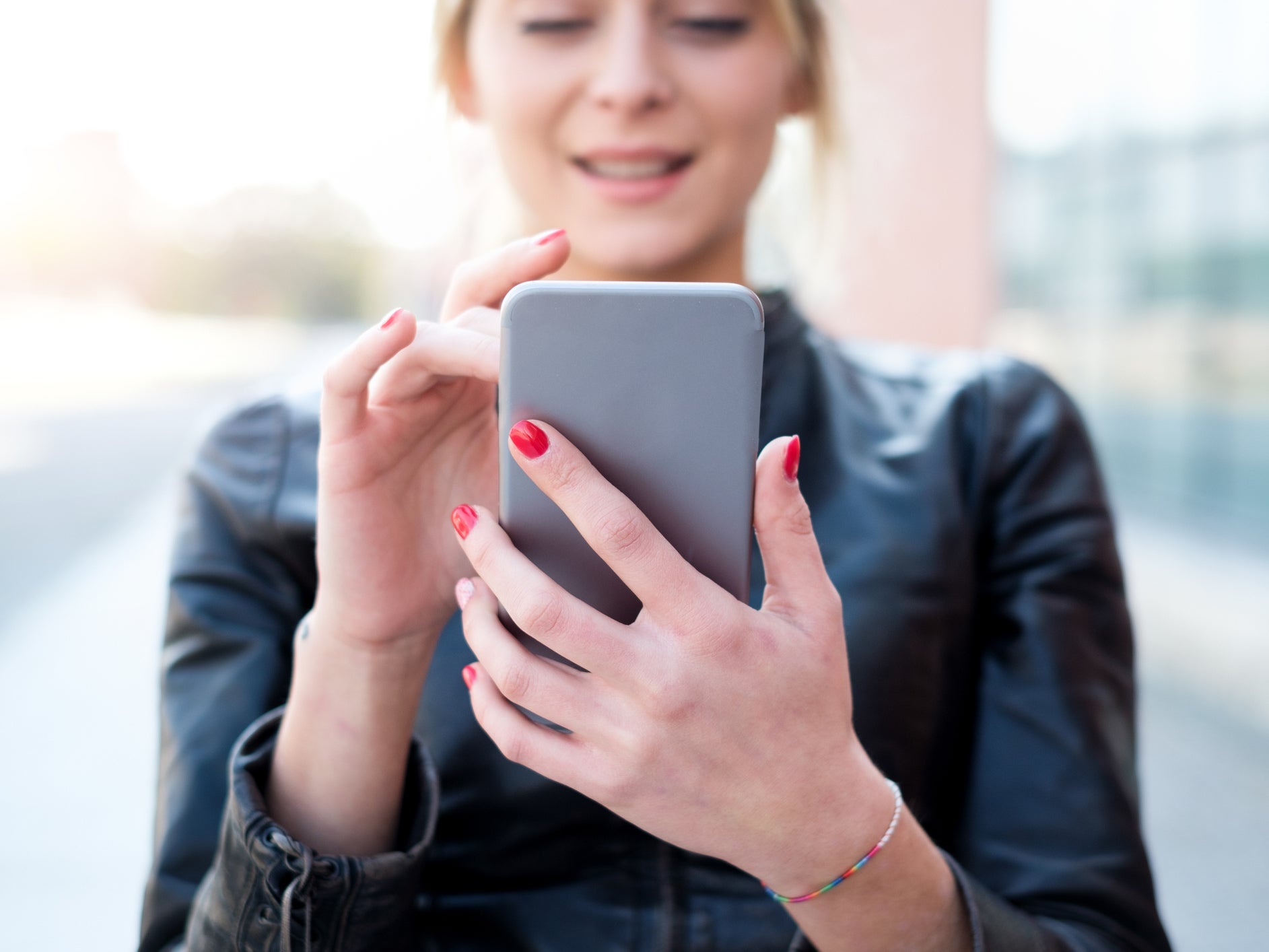Dating app users ‘more likely to suffer from eating disorders’
'There is a need to further understand how dating apps influence health behaviours and outcomes'

People who use dating apps are more likely to suffer from eating disorders, a new study has found.
Researchers from the Harvard TH Chan School of Public Health in Boston, Massachusetts conducted a study to determine the potential connection between dating apps and body image.
For the investigation, published in the Journal of Eating Disorders, the team questioned 1,726 adults about their use of dating apps and their weight control behaviours.
According to the study's findings, women who use dating apps are up to 26.9 times more likely than those who don't to adopt extreme dieting tactics to try to control their weight.
Meanwhile, the researchers found that men who use dating apps are up to 14.6 times more likely to take unhealthy weight control measures.
Of those surveyed, 183 women and 209 men said they had used dating apps in the 30 days prior to being surveyed.
They were then asked about their weight control behaviours from the past year.
For the participants who had used dating apps, 44.8 per cent of the women and 54.1 per cent of the men said they had fasted at some point over the past 12 months as a form of weight control.
More than a fifth of the women and more than a third of the men said they had vomited for weight control, while 24 per cent of the women and 41 per cent of the men said they had used laxatives.
Dr Alvin Tran, lead author of the research, believes the study is the "first to explore dating app use in association with unhealthy weight control behaviours".
"When comparing those who do not use dating apps to those who do, we found that dating app users had significantly elevated odds of engaging in the six unhealthy weight control behaviours we investigated," Dr Tran said.
The academic added that they also found "elevated rates of UWCBs [unhealthy weight control behaviours] in racial and ethnic minorities, particularly African Americans", a finding which is in keeping with previous research.
The team did not find an increased association between unhealthy weight control behaviours and sexual orientation.
Dr Tran added that while the researchers do not know whether the study participants partaking in these weight control behaviours were doing so before using dating apps, they "worry that the use of these image- and appearance-focused services could exacerbate these behaviours".

"With the tremendous growth in dating app usage in the US, and an increasing number of studies linking their use to body image concerns and UWCBs, there is a need to further understand how dating apps influence health behaviours and outcomes," the scientist said.
According to a recent YouGov poll commissioned by UK eating disorder charity Beat, stereotypes about who suffers from eating disorders are preventing people from receiving appropriate treatment.
The study found that nearly four in 10 people believe eating disorders are more common among white people than other ethnic groups.
Join our commenting forum
Join thought-provoking conversations, follow other Independent readers and see their replies
Comments
Bookmark popover
Removed from bookmarks